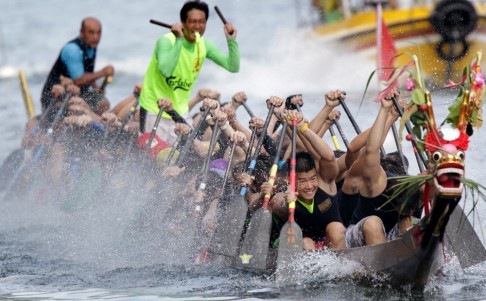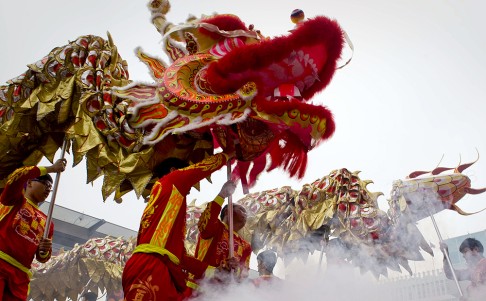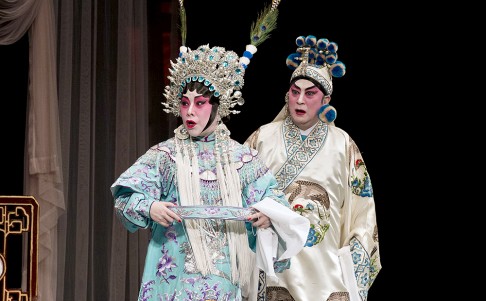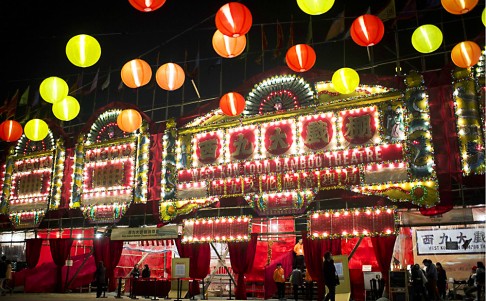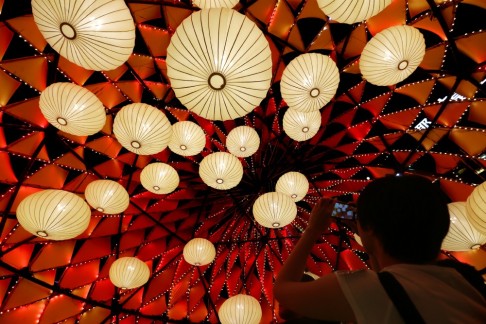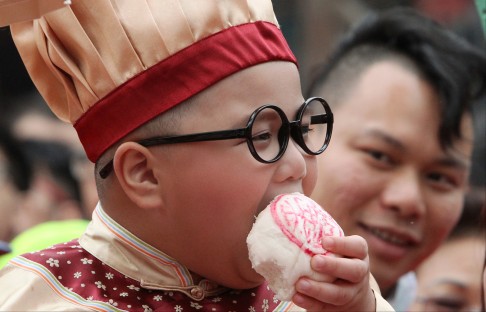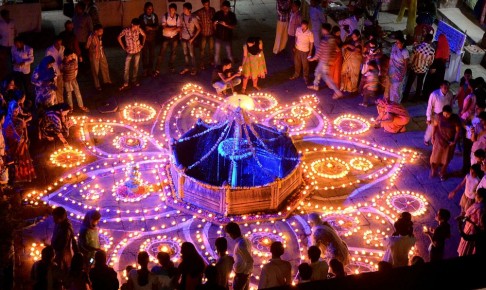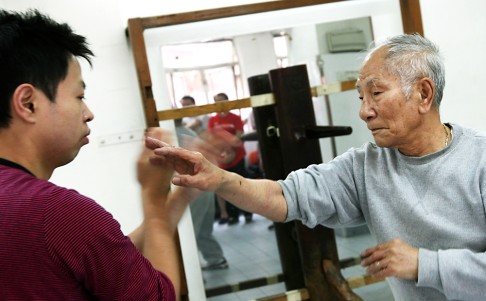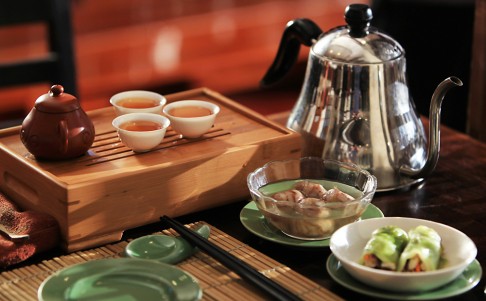
The 480 things that represent Hong Kong's culture: list unveiled after seven years' work
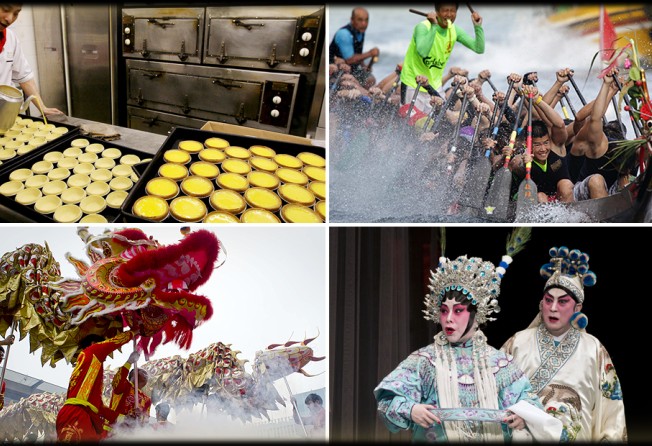

They are among 480 "items" of "intangible cultural heritage" that the city is vowing to safeguard.
The inventory is the culmination of seven years' work by government-appointed researchers and also includes such traditions as umbrella making, Hakka folk songs, the making of snake wine and kung fu.
The list also reflects the diverse nature of Hong Kong's population, including items such as Bangladesh's International Mother Language Day, the annual Hindu Diwali festival, the Hong Kong Integrated Nepalese Society's annual festival of women and poem reciting during Pakistani festivals.
Undersecretary for Home Affairs Florence Hui Hiu-fai said the government would sift through the 480 items to decide which needed urgent preservation.
"We'll do so based on the items' cultural importance, current situation and whether they are threatened with extinction," she said.
Yeung Choi-fung, a Hokkien native of Cheung Chau island, is excited that her clan's traditional dish, vegetable tea, is part of the city's living heritage.
"It takes several days to prepare the dish, which has about 20 ingredients," she said. "It is only eaten at weddings, happy events or on the 13th day of the Lunar New Year."
But Democratic Party lawmaker Wu Chi-wai questioned why the old-fashioned cha chaan teng restaurants and street food had not been embraced.
And People Power lawmaker Raymond Chan Chi-chuen questioned why the annual SAR establishment day rally on July 1 and the June 4 vigil were excluded.
The cultural secretary of the Bangladesh Association of Hong Kong, Ashfaqur Rahman Palash, welcomed the move, which he said honoured ethnic minorities and respected their culture.
Hong Kong began working on the list in 2007 in response to the UN Convention for Safeguarding the Intangible Cultural Heritage, which China ratified in 2004.
One of the articles of the convention requires each signatory to compile an inventory of intangible cultural heritage in its territory.
In Hong Kong, the convention was formally enforced in April 2006. In the same year the government commissioned the Division of Humanities of the Hong Kong University of Science and Technology (HKUST) to carry out a pilot study on intangible cultural heritage in the city. The HKUST study report was submitted in 2007.
In 2011, four traditional Hong Kong festivals were placed on the national list of intangible cultural heritage: the Cheung Chau Bun Festival, Tai O dragon boat water parade, Tai Hang fire dragon dance and Yu Lan Ghost festival.
List welcomed - but cash is needed
The government’s decision to pick out 480 items of intangible cultural heritage for protection has been welcomed by supporters of the various activities – but they say resources are needed for the listing to have an effect.
The long list includes everything from various branches of kung fu to local rituals and techniques for making delicacies such as salted fish, snake wine and milk tea.
The city plans to hammer out measures to preserve the items before they are lost forever.
Ip Chun, the eldest son of legendary kung fu master Yip Man, welcomed the decision to recognise three types of wing chun – a type of kung fu – as part of the city’s living heritage.
They include Yip Man wing chun, the technique his father popularised. “This is good news,” the 90-year-old wing chun master and teacher said yesterday. “The government should do more by allocating resources to preserve the living heritages.”
Ip applied to mainland authorities last year for Yip Man wing chun to be recognised as a piece of national intangible cultural heritage. It had already been recognised on a provincial level by Guangdong, he added.
Mok Pui-ling also welcomed the news. She has been advocating for years for the local technique for making milk tea to be recognised as intangible cultural heritage in Hong Kong and nationally.
“This is virtually a daily necessity in the city,” said Mok, who runs Sing Kee, a tea café, or cha chaan teng, in Tai Po. “There are different styles of milk tea, but Hong Kong’s is known for its silky nature and its unique blend of different tea leaves.”
Dr Joseph Ting Sun-pao, a member of the committee advising the government on intangible cultural heritage, urged the government to draw up conservation plans, including designating funding and manpower to record the activities, to save disappearing heritage items on the list.
“They only have a handful of staff to cope with the issue,” said Ting, a former chief curator at the Museum of History. “Expansion is necessary if they want to save this heritage in a timely way with detailed records.”
However, undersecretary for home affairs Florence Hui Hiu-fai said the government had no plans to set up a designated fund as cash was available elsewhere.
“Cantonese opera now has its own development fund while other items can be financially supported by the Lord Wilson Heritage Trust,” she said. “Several other items are promoted by some community funding and the Jockey Club Charities.”

